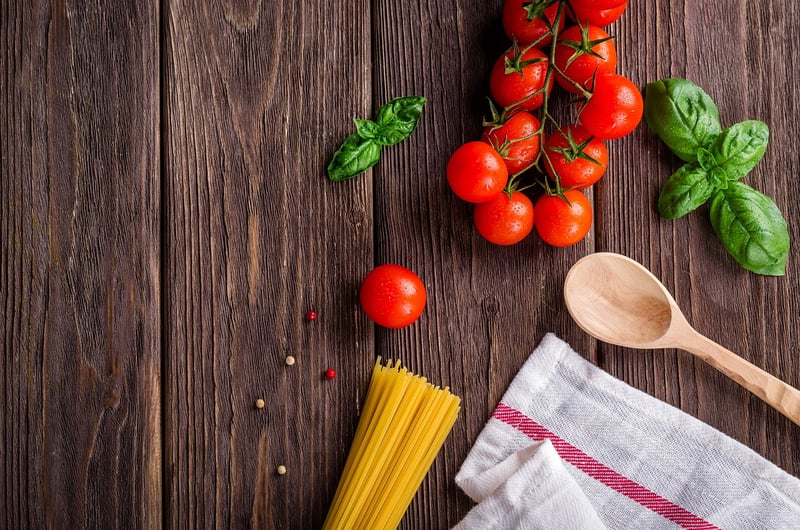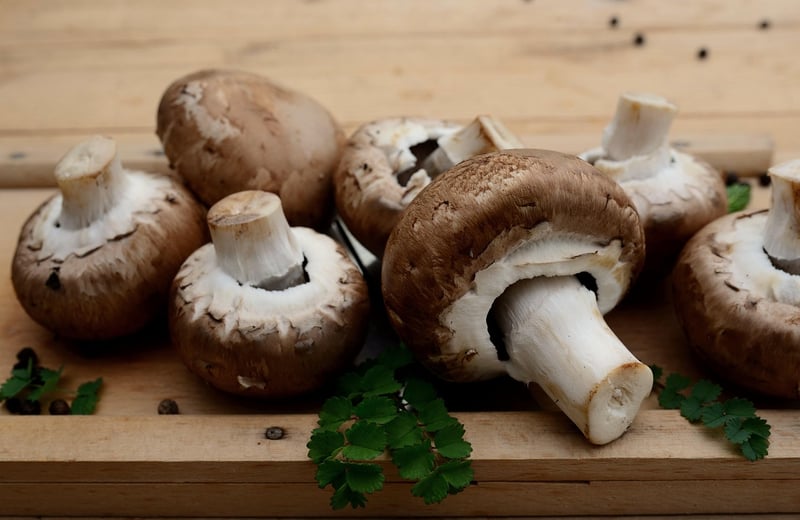Ingredient Substitutions
Enhance Your Cooking Skills and Efficiency + Ingredient Substitutions
Cooking Skills & Efficiency Tips
Are you looking to elevate your cooking game and become more efficient in the kitchen? Here are some tips to help you enhance your culinary skills:
1. Organize Your Workspace
Before you start cooking, make sure your kitchen workspace is organized. This includes having all the necessary ingredients and tools within reach to streamline the cooking process.
2. Prep Ahead of Time
Prepping ingredients in advance can save you time and make cooking more efficient. Chop vegetables, marinate meats, and measure out spices before you start cooking.
3. Learn Basic Cooking Techniques
Mastering basic cooking techniques like sautéing, braising, and roasting can help you become a more versatile and skilled cook. Practice these techniques to improve your culinary repertoire.
4. Invest in Quality Kitchen Tools
Quality kitchen tools can make a significant difference in your cooking experience. Invest in good knives, pots, pans, and other essential tools to enhance your efficiency in the kitchen.
Ingredient Substitutions
Running out of a key ingredient can be frustrating, but knowing suitable substitutions can save your dish. Here are some common ingredient substitutions:
1. Buttermilk Substitute
If a recipe calls for buttermilk and you don't have any on hand, you can easily make a substitute by mixing regular milk with vinegar or lemon juice. For every cup of buttermilk, use one tablespoon of vinegar or lemon juice and fill the cup with milk. Let it sit for a few minutes before using.
2. Egg Substitute
If you're out of eggs, you can use mashed bananas, applesauce, or yogurt as a substitute in baking recipes. Each of these alternatives can provide moisture and binding properties similar to eggs.
3. Butter Substitute
When a recipe calls for butter, you can replace it with margarine, vegetable oil, coconut oil, or applesauce depending on the dish you are making. Be mindful of the flavor and texture differences when choosing a substitute.
4. All-Purpose Flour Substitute
If you run out of all-purpose flour, you can use alternatives like whole wheat flour, almond flour, or coconut flour depending on the recipe. Keep in mind that different flours may require adjustments in the recipe.
By following these tips and substitutions, you can enhance your cooking skills, improve efficiency in the kitchen, and adapt to ingredient shortages without compromising the quality of your dishes.


